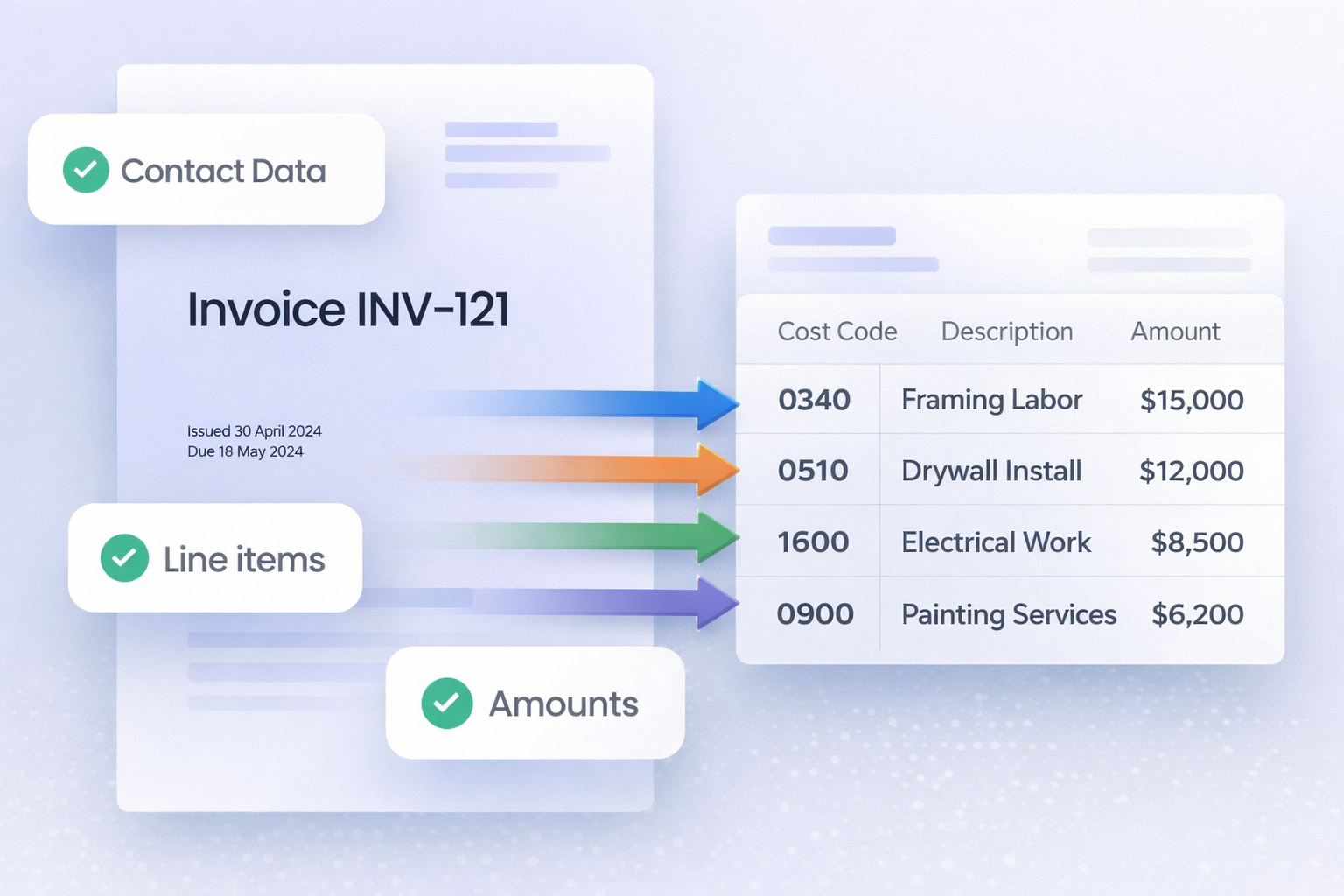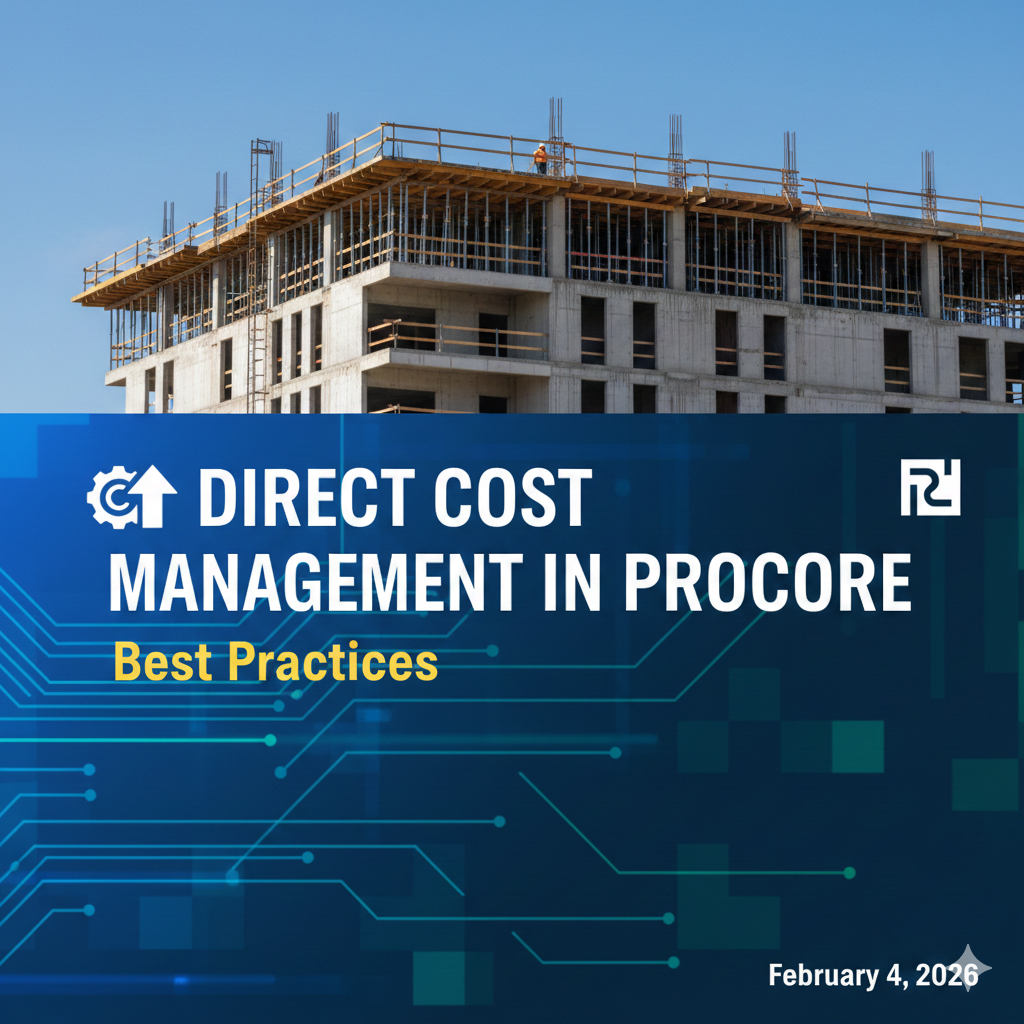Managing costs effectively is a critical component of any construction project, particularly for large-scale developments where financial missteps can lead to significant budget overruns and project delays. Implementing robust cost management strategies can ensure that projects stay on budget, while still meeting quality and timeline requirements. This article provides tips and techniques for effectively managing costs on large-scale construction projects.
Comprehensive Planning and Budgeting
Initial Budget Development
Developing a comprehensive and realistic initial budget is the cornerstone of effective cost management. This involves detailed planning and a thorough understanding of the project scope, including materials, labor, equipment, permits, and contingencies.
Accurate Estimation
Utilize cost estimation software and industry benchmarks to create accurate cost estimates. Engage experienced estimators and consider factors such as location, project complexity, and market conditions.
Contingency Planning
Incorporate a contingency budget to account for unexpected costs. Typically, a contingency fund of 5-10% of the total project budget is recommended, depending on the project's complexity and risk profile.
Effective Contract Management
Contract Types
Select the appropriate contract type for your project. Fixed-price contracts provide cost certainty, while cost-plus contracts offer flexibility. Understanding the pros and cons of each can help in managing financial risk.
Clear Scope Definition
Ensure that the project scope is clearly defined in the contract. Ambiguities can lead to scope creep and additional costs. Include detailed specifications, deliverables, and milestones.
Regular Contract Reviews
Regularly review contracts to ensure compliance and address any deviations promptly. This helps in preventing cost overruns due to contractual disputes or misunderstandings.
Detailed Cost Tracking and Reporting
Real-Time Monitoring
Implement real-time cost tracking systems to monitor expenses as they occur. Use construction management software that integrates with financial systems to provide up-to-date cost information.
Regular Reporting
Establish a routine for regular financial reporting. Weekly or bi-weekly reports can help identify cost variances early, allowing for timely corrective actions.
Key Performance Indicators (KPIs)
Define and monitor KPIs related to cost performance, such as Cost Performance Index (CPI) and Earned Value Management (EVM). These metrics provide insights into how well the project is adhering to its budget.
Efficient Resource Management
Labor Management
Labor costs can be a significant portion of the project budget. Use workforce management tools to schedule and allocate labor efficiently. Avoid overstaffing and underutilization.
Material Management
Implement a just-in-time (JIT) inventory system to minimize material storage costs and reduce waste. Ensure that materials are ordered and delivered according to the project timeline.
Equipment Utilization
Optimize equipment use by scheduling regular maintenance and sharing equipment across different project sites when possible. This reduces downtime and rental costs.
Risk Management
Risk Identification
Conduct a thorough risk assessment at the project's outset. Identify potential cost risks, such as supply chain disruptions, labor shortages, or regulatory changes.
Risk Mitigation
Develop risk mitigation strategies, such as securing alternative suppliers, negotiating fixed-price contracts for critical materials, and setting aside contingency funds.
Continuous Risk Monitoring
Continuously monitor risks throughout the project lifecycle. Use risk management software to track risk events and implement mitigation measures promptly.
Value Engineering
Cost-Benefit Analysis
Perform cost-benefit analysis for different design and material options. Value engineering helps in identifying cost-effective alternatives that do not compromise quality or functionality.
Stakeholder Collaboration
Engage stakeholders, including architects, engineers, and contractors, in the value engineering process. Collaborative efforts often yield innovative solutions that reduce costs.
Lifecycle Cost Consideration
Consider the total lifecycle costs of materials and systems. Investing in durable, energy-efficient options may have higher upfront costs but lower long-term maintenance and operational expenses.
Effective Change Management
Change Control Process
Implement a formal change control process to manage modifications to the project scope. All changes should be documented, reviewed, and approved before implementation.
Change Impact Assessment
Assess the financial impact of proposed changes on the overall budget. Ensure that any cost increases are justified and funded from the contingency budget or approved additional funds.
Communication
Maintain open communication channels with all stakeholders regarding changes. Transparent communication helps in managing expectations and avoiding disputes.
Regular Audits and Reviews
Internal Audits
Conduct regular internal audits to ensure that financial controls are in place and followed. Audits can identify potential cost-saving opportunities and areas for improvement.
External Reviews
Engage external auditors or consultants to review cost management practices periodically. External reviews provide an unbiased assessment and expert recommendations.
Lessons Learned
At the end of the project, conduct a lessons-learned session to review cost management successes and challenges. Document insights to improve future projects.
Conclusion
Effective cost management is essential for the success of large-scale construction projects. By implementing comprehensive planning, robust contract management, detailed cost tracking, efficient resource utilization, proactive risk management, value engineering, change control processes, and regular audits, project managers can ensure that projects stay on budget while meeting quality and timeline objectives. These strategies not only enhance financial control but also contribute to the overall success and sustainability of construction projects.











